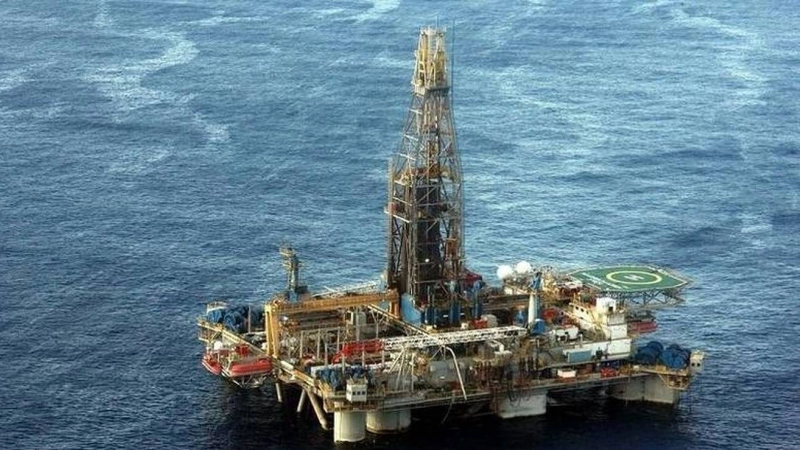Drilling diplomacy: How Chevron is changing the map south of Crete

The areas south of Crete had already been demarcated and announced through an international tender in 2014. However, portions of these plots fall within the zone covered by the illegal Turkish-Libyan memorandum, specifically on the Libyan side. These "blocks" also caught the attention of Chevron in 2018, according to energy analyst and former president of the Hellenic Hydrocarbon Management Company (HHRM), Yannis Bassias, in a statement to CNN Greece. "When priorities align with geographical data, such moves are made," he explains.
Bassias predicts that Chevron’s investigations will persist, as global energy developments, shaped by the war in Ukraine and the Trump administration’s push toward fossil fuels, have revitalized these plans. "There is no issue" regarding the "blocks" where investigations will take place, Bassias assures, explaining that they extend to the Middle Line of the maritime area between Greece and Libya. This, in turn, will lead to the de facto recognition of Greek sovereign rights, facilitated by the presence of the American energy giant.
Practical Annulment of the Turkish-Libyan Memorandum
This development essentially challenges the Turkish-Libyan memorandum as a whole. Under the memorandum, Ankara claims rights over the maritime zones south of Kasos and Karpathos, where it has been obstructing investigative operations preceding the laying of a cable for the Great Sea Interconnector (GSI) project for the past nine months. Turkey has also unilaterally submitted the external limits of its continental shelf in the Eastern Mediterranean to the UN—most recently in Sinirlioglu’s letter of March 2020. "The Turkish-Libyan memorandum is losing ground," Bassias asserts, warning that Turkey may attempt to take action to reclaim territory. "Could the Turkish state-owned oil company exploit deposits located south of the Middle Line, in the area belonging to Libya?" he asks. "If so, Turkey would effectively be recognizing Greek sovereign rights north of the Middle Line," he notes.
Cooperation Respecting the Middle Line Is Not Problematic
Speaking to CNN Greece, Bassias clarified: "Joint exploitation of deposits with Libya, provided that the Middle Line and sovereign rights are respected, is not problematic. What raises concerns is co-management of the deposits, as it could pave the way for violations of sovereign rights." "The news is extremely positive for Greece," added Minister of Environment and Energy Stavros Papastavrou in a statement to ERTNews. "It represents a vote of confidence in our country as an investment destination—one that is reliable and promising." He further emphasized the multidimensional impact of the development, highlighting its "economic, energy, and political significance."
click here to access the source > Η διπλωματία των γεωτρήσεων: Πώς η Chevron αλλάζει τον χάρτη νοτίως της Κρήτης - CNN.gr
CNN Greece - article by Orestis Panteloglou - March 27, 2025